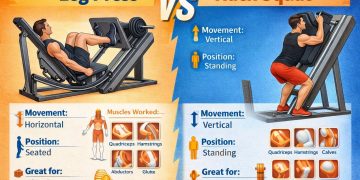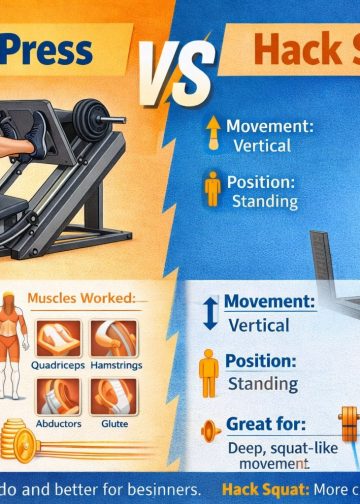When working in a noisy environment, your hearing may be at risk. You might be wondering if your employer will pay for your medical treatment or even a C&R award. You might be wondering if there's a statute of limitations involved. Well, thankfully, the law has made this process much more manageable. Here is an overview of how worker's compensation works after hearing loss and getting affordable hearing aids. You can get started today!
Permanent hearing loss caused by loud noise in the workplace
The effects of noise exposure on the ears are cumulative exposure is worse than the individual's risk of acoustic trauma.
Overexposure to harmful noise can lead to NIHL in people of all ages. According to the CDC, approximately 10 million adults under the age of 70 may have hearing loss. In addition, nearly 40 million adults and seventeen percent of teens are exposed to enough noise to cause NIHL. Hearing loss affects everyday activities and makes it difficult to concentrate. It can also be accompanied by tinnitus, a ringing or buzzing sound in the ear. You may consult Audi Hearing Clinic audiologists to learn more about this.
Medical treatment
Filing for a worker's compensation claim for a hearing loss is similar to filing for any other injury or illness in any other workplace. Notify your supervisor of your condition, and they should order a hearing test to determine the extent of the damage. A hearing test is an essential part of a worker's compensation claim, as it will provide evidence that your injury occurred in the workplace. Usually, you need to have a hearing loss of at least 10% to be eligible for a worker's compensation claim for hearing loss. For hearing loss, you can also claim three months after your injury.
Statute of limitations
It is crucial to remember that many states have a statutory award for hearing loss claims. Therefore, it is essential to consult with a worker's compensation attorney to understand how these time limits will affect your claim. Your attorney will be able to advise you on what steps to take and will provide you with the necessary medical evidence. A worker's compensation attorney will be able to determine the exact amount of compensation you are eligible for.
C&R award
If you've suffered from an injury at work, you might be wondering how worker's compensation works after hearing loss. This process is relatively complex. However, there are specific steps that you can take to maximize your benefits. First, make an appointment to see a hearing loss specialist. They will perform hearing tests and discuss your job and its environment. They will also help you fill out a workers' compensation form.
The first step to receiving benefits from workers' compensation is proving that the hearing loss was caused by accident or by conditions present at the time of the injury. If you were exposed to loud noises while working, then you can use your worker’s compensation claim to cover the cost of hearing aids and cochlear implants. However, your employer will probably dispute your claims and argue that the circumstances surrounding your hearing loss did not contribute to your disability.
Tinnitus treatment
Workers' compensation claims can be complicated by the tinnitus condition a person experiences. This condition is called “hidden hearing loss” because it cannot be detected through conventional hearing tests. Exposure to loud noises may damage the brain's ability to decode sounds and select the correct one. People with tinnitus may find it challenging to concentrate and lead an otherwise everyday life. They may also develop depression and other health complications due to their tinnitus condition.
Although the tinnitus condition may be accompanied by hearing loss, it is still compensable under workers' compensation laws. Nevertheless, certain conditions must be met for tinnitus to be covered. First, the worker must have been exposed to noise levels that caused their tinnitus. Secondly, the employer must have a comprehensive medical evaluation of the employee to be awarded a workers' compensation claim.
While tinnitus is an annoying and frustrating affliction, it can be managed. The patient will undergo extensive questionnaires to determine the cause of the problem. Some treatments aim to reduce tinnitus sound, while others seek to reduce it altogether. Treatment options for tinnitus may vary in length and frequency. Generally, patients will undergo a combination of therapies. Tinnitus retraining therapy may be the best option if a specific illness or injury causes your tinnitus.
























